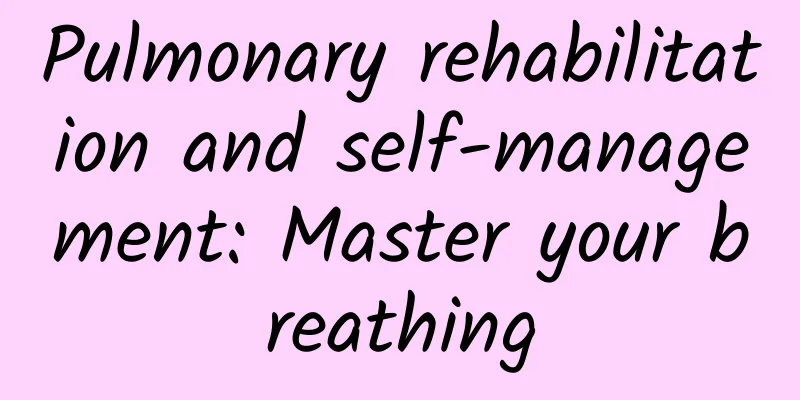Post-hysterectomy care

|
Uterine fibroids are a common disease all over the world, especially among middle-aged women over 40 who may suffer from them if they are not careful. Doctors generally recommend that small fibroids do not require special treatment, but large fibroids require surgical removal, and multiple uterine fibroids often require the uterus to be removed. I believe everyone would like to know about the maintenance issues after hysterectomy. Let me answer them for you below. 1. Home care and precautions after hysterectomy: 1. People who have had a hysterectomy will no longer have menstruation. 2. 6-8 weeks after the operation, when the deep tissues in the pelvic cavity have recovered, you can have a normal sexual life. If you have undergone a total hysterectomy, you should abstain from sexual life for 3 months and avoid heavy physical labor. After 3 months, I returned to normal work and life. 3. Avoid lifting objects heavier than 3 kg, bending over to pick up objects, and climbing stairs within 6-8 weeks after surgery. You can use a belly band appropriately. 4. Avoid sitting for long periods of time, long-distance travel, yoga, rhythmic dance and other exercises that increase abdominal pressure within 3 months to avoid pelvic bleeding. 5. After using the toilet, wipe from front to back to avoid infection 6. Observe the wound daily to see if it is red, swollen, hot, painful or has abnormal secretions. If you have any of the above symptoms, please return to the doctor as soon as possible. 7. Eat more fruits and vegetables and high-fiber foods, and drink 2000-3000cc of water every day to prevent constipation. 8. People who have had bilateral oophorectomy are more likely to develop osteoporosis. They should increase their calcium and hormone intake, such as animal bones, dried fish, soy foods, and exercise appropriately to avoid falls and fractures. 9. Avoid vaginal douching and tub bathing within 6 weeks 10. Eat more foods containing protein, vitamins and iron, such as fish soup, grapes, cherries, vegetables, etc. 11. There are no special dietary taboos, but try to eat less irritating and gas-producing foods. Although hysterectomy is not a major operation, it still has certain risks. If the post-operative care is not done properly, it will cause wound infection or adhesion of the uterus, which is very troublesome. Therefore, please be sure to pay attention to the care after hysterectomy. After the operation, patients should pay attention to rest more and pay attention to some taboos after the operation. |
<<: How to maintain your health after hysterectomy surgery
>>: How to maintain ovaries after hysterectomy?
Recommend
Bright red bleeding during ovulation
Most women are more familiar with their ovulation...
What problems may occur during menstruation
Menstruation accompanies women for most of their ...
Back pain at 11 weeks of pregnancy
Pregnancy is a very difficult process for women, ...
Can my aunt hula hoop?
Most women feel uncomfortable during menstruation...
How to improve the quality of critical care in ICU
With the continuous development of medical techno...
What is the reason for lower back pain and bloody leucorrhea?
Many female friends often experience back pain an...
Wine and coffee, I just want one glass ~ Scientists: You are right, you should quit drinking!
Produced by: Science Popularization China Author:...
How can pregnant women exercise to have a quick birth?
If pregnant women want to give birth naturally fa...
The most effective whitening method
Skin whitening is the focus of beauty for most As...
What medicine should I take to treat too little menstrual flow?
Whether menstruation is normal is directly relate...
Can I drink black chicken soup during my period? What is the best pot to cook black chicken soup?
Women are usually cold-natured, prone to cold han...
What are the dangers of staying up late after an abortion?
Abortion can be said to be very harmful to women&...
Pregnancy reaction in the first 10 days
The human body will undergo different changes at ...
Breastfeeding Nipple Pain
After the baby is born, he needs to be breastfed....









